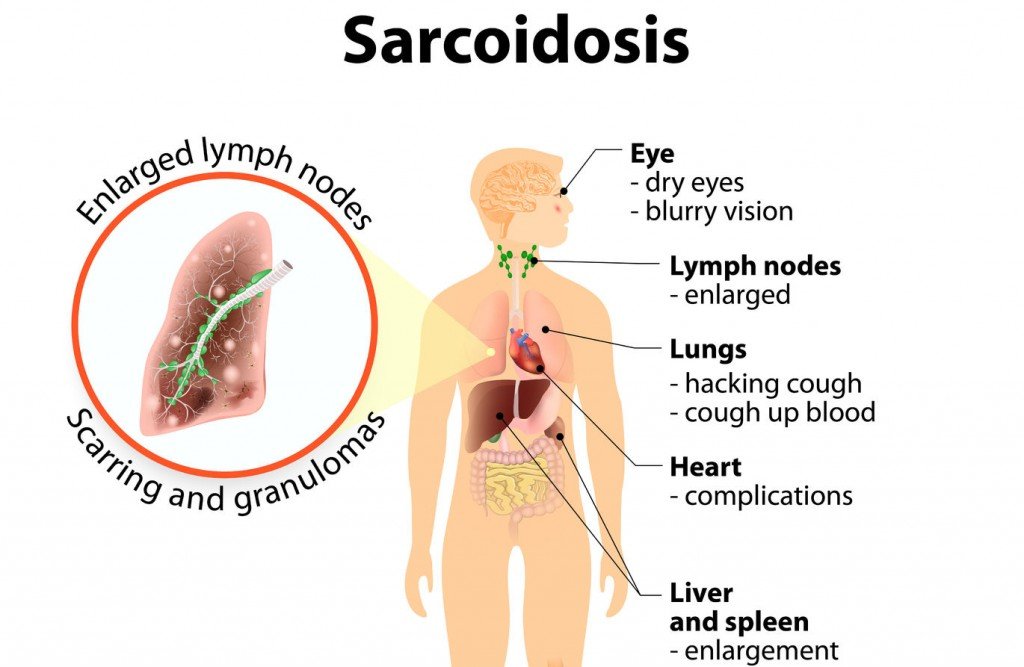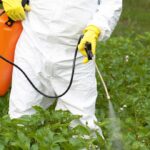Mitch Kennedy, ND
A case-control study published in the Dec. 15 issue of the American Journal of Respiratory and Critical Care Medicine suggests environmental and occupational risk factors for sarcoidosis. At 10 centers, the investigators recruited and interviewed 706 patients newly diagnosed as having sarcoidosis and an equal number of age-, race- and sex-matched control subjects, using questionnaires regarding occupational and non-occupational exposures.
Univariable analyses demonstrated positive associations between sarcoidosis and agricultural employment (odds ratio 1.46), work exposure to insecticides (1.52) and work environment containing mold or mildew with possible exposure to microbial bioaerosols (1.61).
Compared with control subjects, those with sarcoidosis were less likely to have a history of ever smoking cigarettes (0.62).
“Sarcoidosis is considered to be a hypersensitivity disorder, in which an antigen induces a T cell-mediated cellular immune response. As a result, it is possible that the etiologic agent or agents may initiate disease at very low doses of exposure,” the authors conclude.
Source: Am J Respir Crit Care Med 170:1324-1330, 2004.
 Mitch Kennedy, ND has a family practice in Avon, CT, and is the first ND with clinical privileges at the University of Connecticut, a teaching hospital. Before graduation from Southwest College, Kennedy earned an international reputation as a leader in pollution prevention, showing industries around the world how preventing pollution saves money. For more information: www.healwithnature.com.
Mitch Kennedy, ND has a family practice in Avon, CT, and is the first ND with clinical privileges at the University of Connecticut, a teaching hospital. Before graduation from Southwest College, Kennedy earned an international reputation as a leader in pollution prevention, showing industries around the world how preventing pollution saves money. For more information: www.healwithnature.com.





